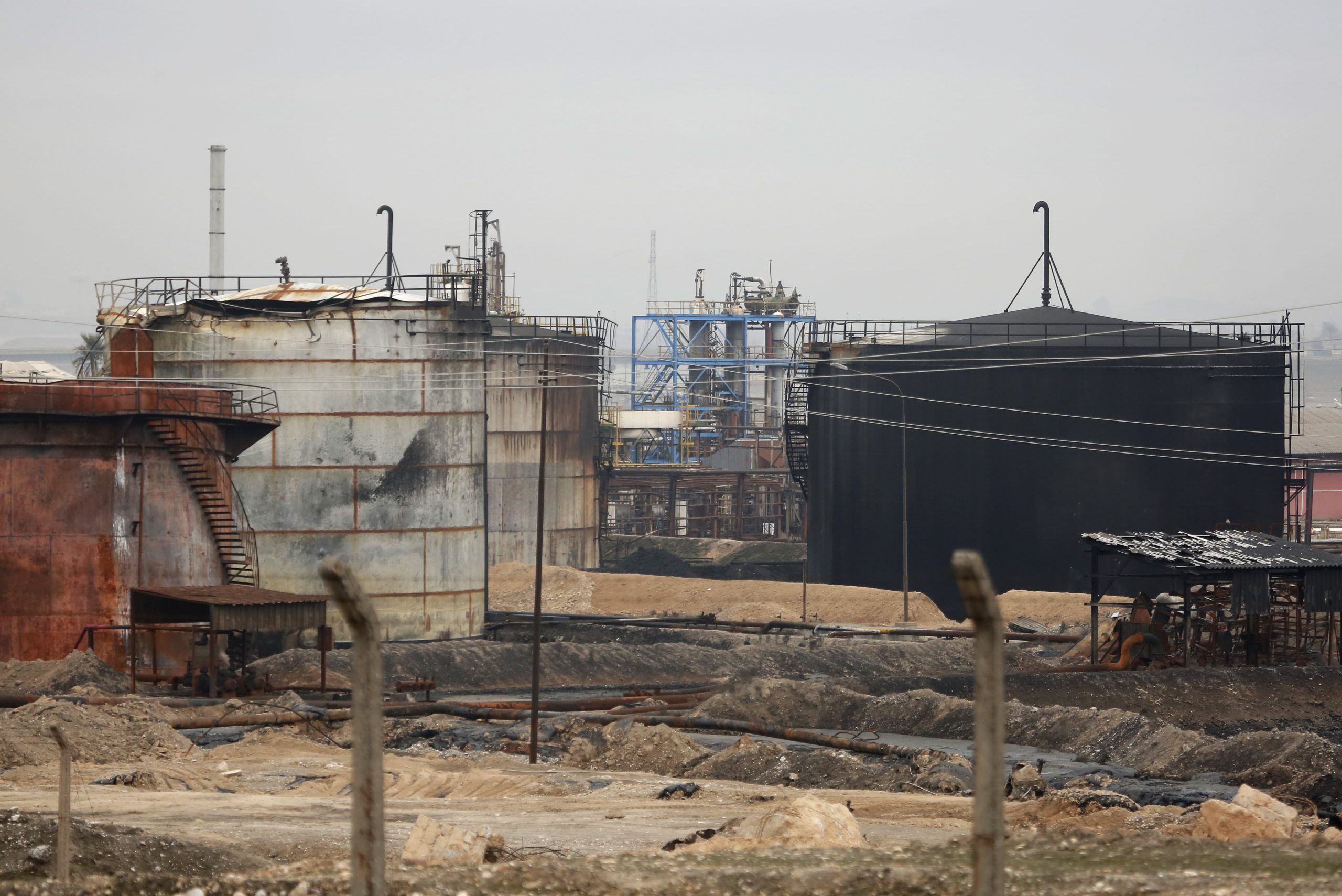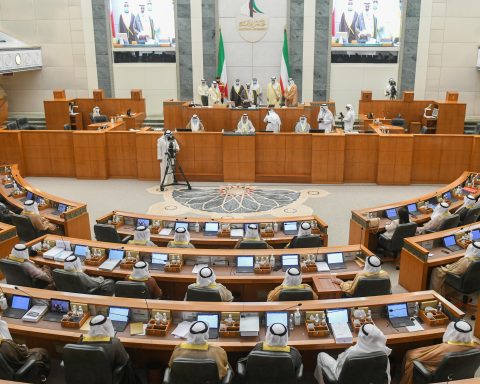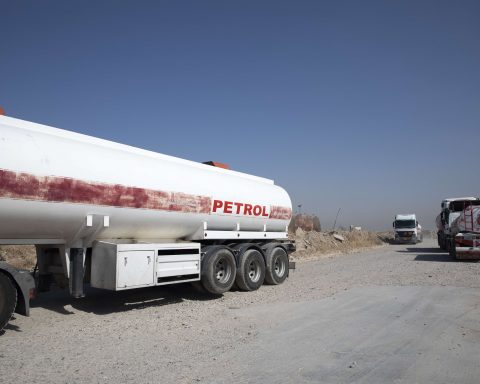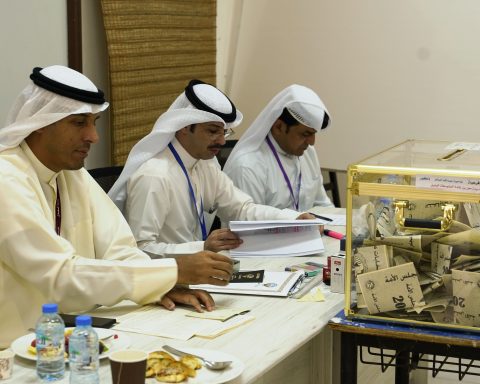A fire at Kuwait’s largest oil refinery has been extinguished, with a number of casualties, including smoke inhalation, reported by the state-owned oil business.
The Kuwait National Petroleum Company (KNPC) stated that Monday’s fire at the Mina al-Ahmadi oil refinery, north of Kuwait’s border with Saudi Arabia, had no impact on Kuwait’s electrical supply or oil exports.
The state refiner said the incident was isolated and brought under control at the atmospheric residue desulphurization (ARDS) facility where it started.
Those injured have received first assistance at the scene or have been transferred to a hospital, according to the KNPC, and were in “stable condition.”
“The refinery operations and export operations were not affected and there has been no impact to local marketing operations and supplies to the electricity and water ministry,” the KNPC said on its Twitter account.
Residents in Kuwait’s seaside Fahaheel region said they heard a large explosion and saw thick, black smoke pouring over the highway on social media.
Kuwait has the world’s sixth-largest known oil reserves, with a population of 4.1 million people.
It is the largest of the state petrol company’s three refineries, generating roughly 466,000 barrels of petrol each day. A fourth refinery, with a capacity of 615,000 barrels per day, is now being built and is expected to be operational by the end of the year.
The oil-rich Gulf emirate generates over 2.4 million barrels of petroleum per day, with the majority of it being exported.
When a gas leak caused an explosion in the southern oil town of Mina al-Ahmadi in June 2000, the refinery was severely damaged and output was halted. At least four individuals were killed in the disaster, while many more were injured. A similar catastrophe occurred at the same oil refinery in 2008, but it was immediately brought under control.














